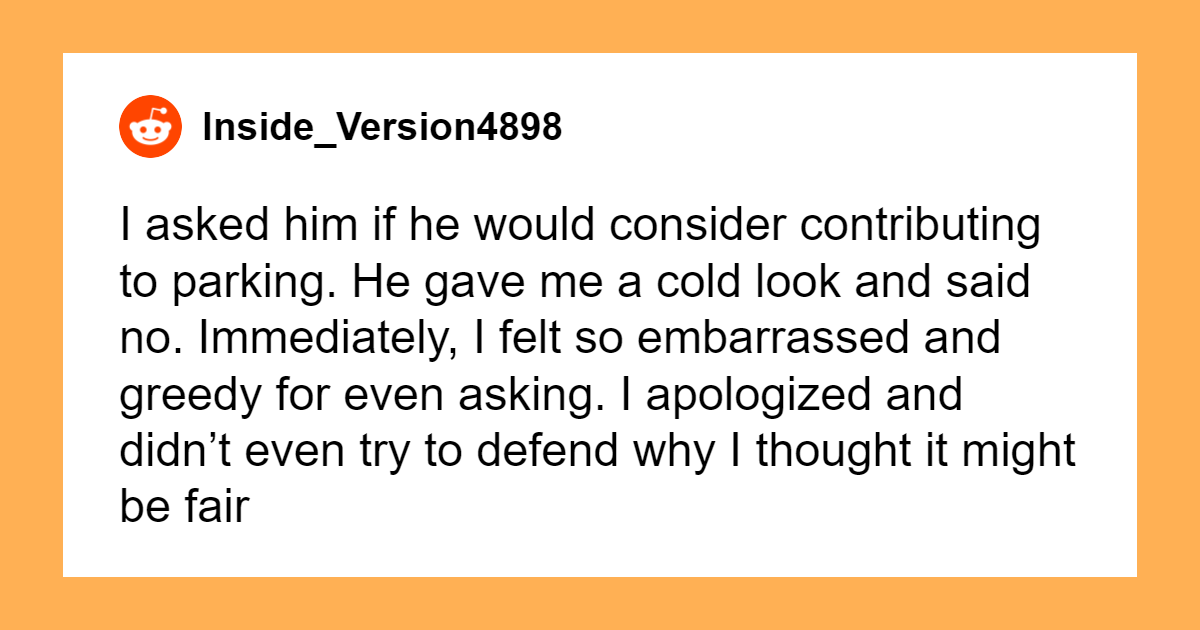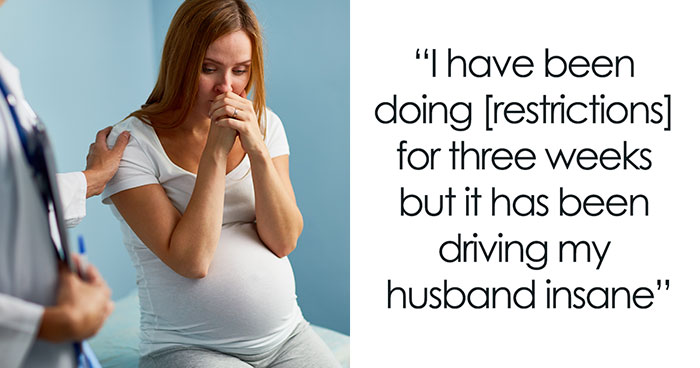Every relationship requires people to compromise. Whether it’s about which side up the toilet paper should be or what to eat for dinner, couples have to learn to adjust as they live together. When one person in the relationship is differently abled, their partner might need to compromise more.
But is that always fair? One couple got into an argument over parking costs. The girlfriend felt it was fair that the boyfriend should pitch in to cover half of the fee, even though he is legally blind. However, he didn’t feel it was fair and refused. At first, the woman backed down but later started doubting her reaction. She weighed the reasons she thought his pitching in would be fair and decided to double-check with the Internet.
Blind people experience the world differently, so their partners might need to compromise more often
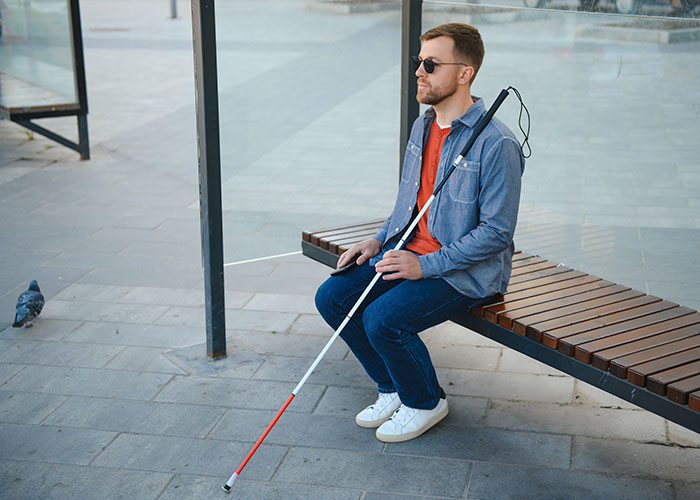
This girlfriend wanted her boyfriend to help cover parking costs, but he refused
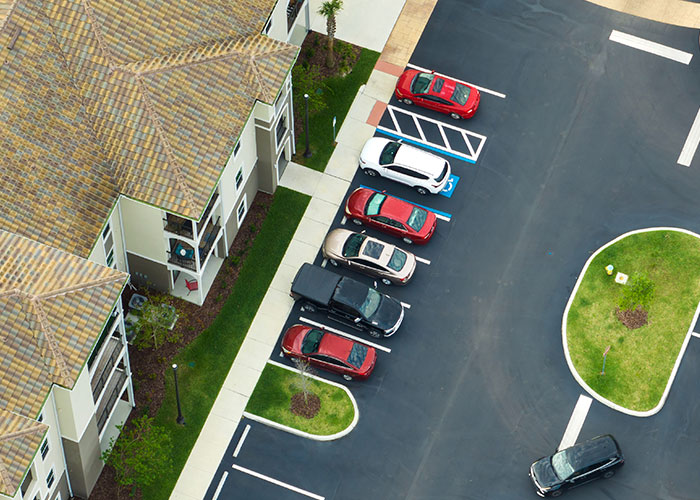

Compromising is essential to all relationships, whether one partner is blind or not
The issue for this couple here seems to be about compromising rather than about the parking fee. Yes, the boyfriend might not be willing to spend his money on a service he doesn’t directly use. But the girlfriend’s list of things she conceded so that the couple could move to a place of the boyfriend’s choosing indicates that he might not be willing to compromise.
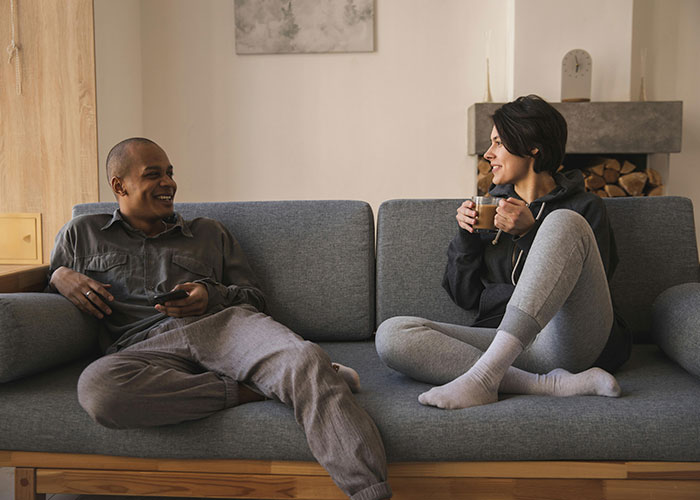
Experts point out that communication in relationships is key, especially when one person in the couple has a disability. Relationships are often about giving and taking, and it wouldn’t be fair to ask one person to make more sacrifices.
The author of Cleaning Up Your Mental Mess, Dr. Caroline Leaf, writes that compromise is not a one-way street. “Everyone involved needs to try to understand the other person and the reason they want something a certain way.”
From what the woman wrote in her post, it seems that she thinks she’s conceding more to her boyfriend’s demands because of his disability. And while perfect relationships don’t exist and it’s practically impossible to agree on everything all the time, partners can draw boundaries.
“The key is to find ways to give each other space to be individuals while being intentional about creating shared experiences and values that allow you both to connect meaningfully is important in any relationship,” Dr. Leaf writes.
When partners think of one’s disability as shared, it can strengthen their bond
Relationships where one person has a disability, of course, differ from the ones where both partners are equally physically abled. Romantic relationships often become harder because of the disabled partner’s fear of dependency, loss of identity, and potentially diminished relationships.
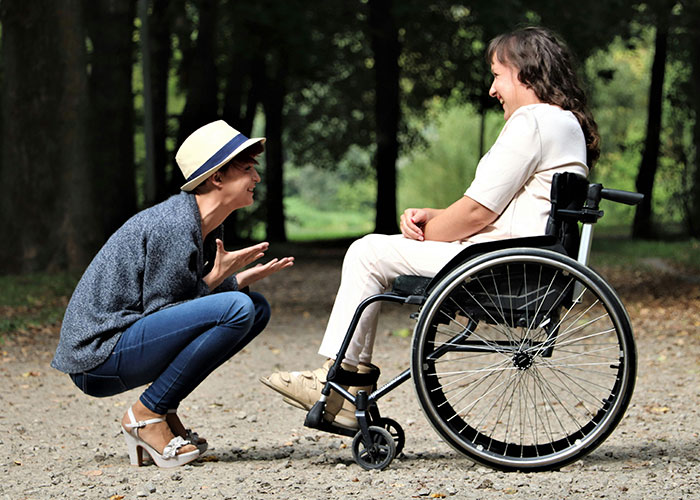
Research shows that when couples think of the disability as shared, relationships might be more successful. Scientists call this ‘dyadic coping.’ Psychologist Isabella Bertschi led a study where she claimed that dyadic coping can help “alleviate stress and promote adjustment in couples who face disabling health impairments.”
However, achieving that we-ness is easier said than done. Mary Sanders, LMFT, told Next Avenue that the healthy partner might feel guilt and shame. “It’s very intimidating for them to share their fears, their grief and anger,” she said. They might think: “He’s going through so much: I don’t want to burden him with my feelings.”
Bertschi explains that it’s the opposite. Sharing doubts and fears can strengthen the relationship. Not communicating your needs and wants, she says, “undermines trust in the relationship.”
Perhaps, in this case, the boyfriend should consider dyadic coping. If the couple shares the struggles of his disability together, he could pitch in and help his girlfriend cover half of the parking fee, couldn’t he?

